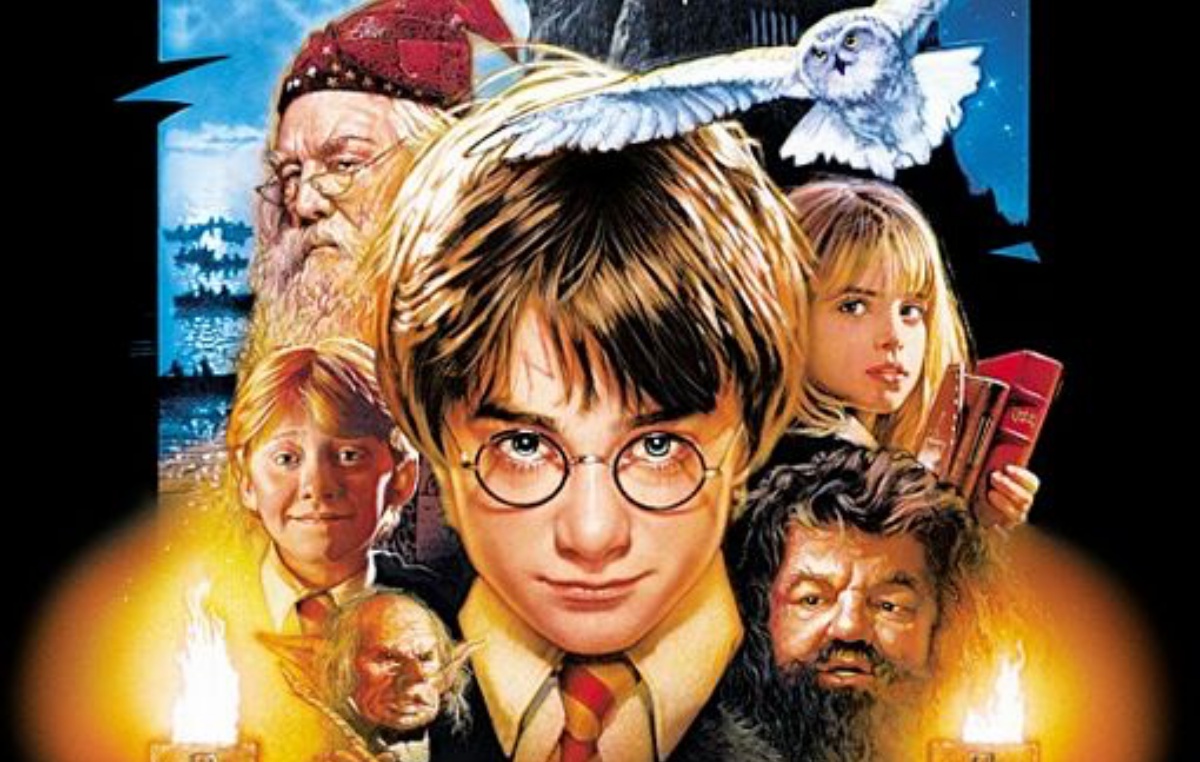Yes, We May Need to Give Up Harry Potter

I have loved Harry Potter for most of my life. Despite the critical way I read the text and the things that don’t hold up for me, I crafted parts of my identity around the story and debating people about what it meant to be a Slytherin. But considering J.K. Rowling’s actions, I realize that I’m going to have to give up Harry Potter.
J.K. Rowling owns Harry Potter; she has her platform, fans, support, etc. all because of this successful book series that has touched the lives of so many people. That’s why it is hard to “separate the art from the artist” in her case.
Spending money on the franchise in any way, or even contributing to its popularity through fandom, is contributing to what she’s using that support to do. Up until recently, her books were elevated as examples of anti-discriminatory texts, and now she is actively engaging in spreading information that is harmful and discriminatory to transgender people under the guise of trying to protect cis women.
It’s also why trying to invoke things like “Death of the Author” don’t work, and as Lindsay Ellis explained in a video about the subject yesterday, this is not even what that term is used for.
Believing in the rights of transgender people isn’t just a slogan; it’s a critical political issue. As a Black cis woman, my Black trans sisters are the most at risk. What Rowling is saying is harmful to them, harmful to all trans and non-binary folk, and yes, to cis women who do not fit in these rigid ideas of womanhood and femininity.
There are no perfect authors, perfect artists, or perfect people. We all have problematic faves and make compromises in who we support in allowing them to profit off of our enjoyment of their work. Rowling crosses that line for me because of her money and influence. She crosses that line for me because transgender people are not safe, and her rhetoric feeds into that environment.
Plus, it is hard to read any aspect of her books without seeing Rowling’s transphobic maternalism all over it, especially when it comes to “feminist icon” Hermione Granger and the way she treats the House Elves and other magical humanoid beings.
When I was a kid, I wrote to J.K. Rowling through one of those author fan sites because she was my hero and one of the authors who inspired me to be a writer. They sent me a signed picture of her in return, and it was one of my prized possessions for years. I treasured it because I treasured the world she created. I wish I could keep Harry Potter and give up Rowling, but I genuinely do not think that is possible—at least not right now.
What this means, at least for me, is no more fanfiction, fan art, no more copies of the book, no Harry Potter World, etc. It may not seem like it would make a difference, but if every one of us who believed in trans rights didn’t see the next Fantastic Beasts movie, or buy the Funko pops, or buy the illustrated editions—that matters. I’m not going to judge what other fans, especially trans folk, decide to do, but for this Slytherin, I’m putting my wand in the trunk for now.
Harry and Rowling even have the same birthday! For myself, there is not enough space between the art and author to separate.
(image: WB)
Want more stories like this? Become a subscriber and support the site!
—The Mary Sue has a strict comment policy that forbids, but is not limited to, personal insults toward anyone, hate speech, and trolling.—
Have a tip we should know? tips@themarysue.com